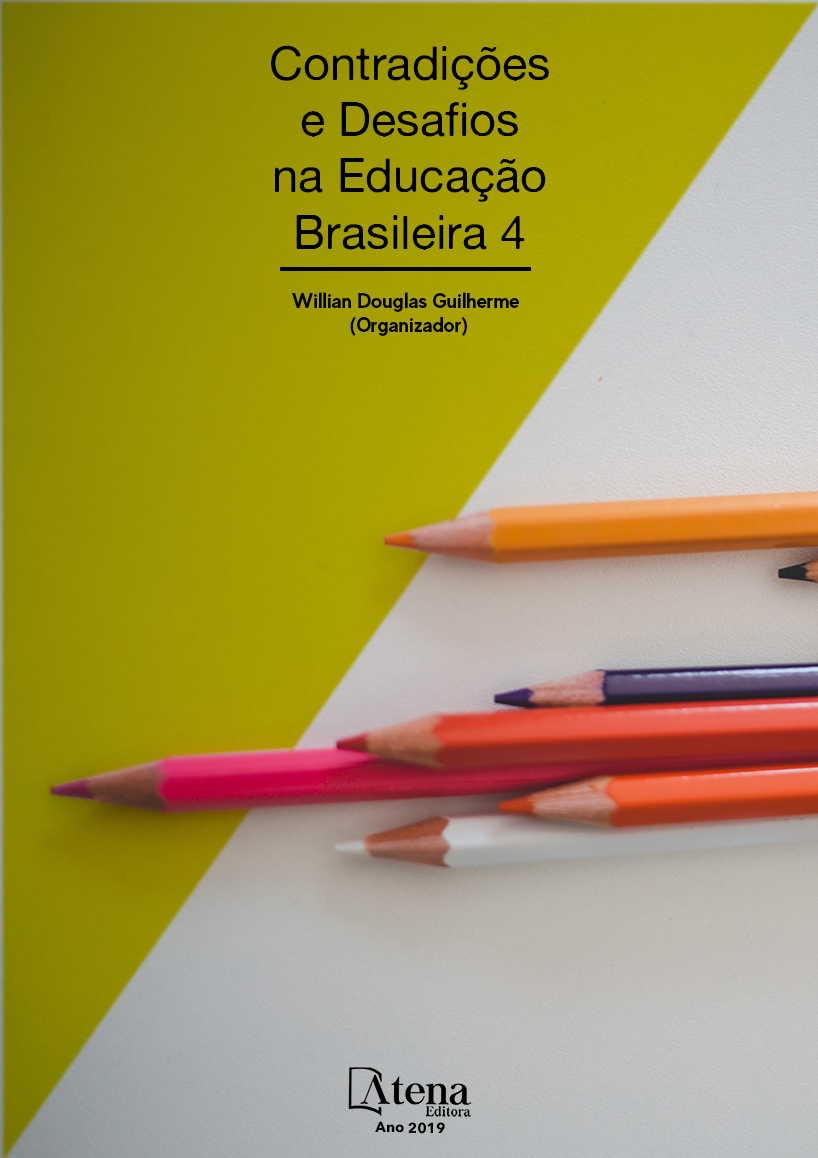
Incompatibilidade entre e o currículo proposto pela reforma do ensino médio e a finalidade dos Institutos Federais
Os Institutos Federais de
Educação se caracterizam em um conjunto
de instituições especializadas na oferta de
educação profissional e tecnológica nas
diferentes modalidades de ensino, priorizando
a oferta da Educação Profissional Técnica de
Nível Médio prioritariamente na modalidade
integrada. A presente pesquisa teve o objetivo
de analisar os aspectos qualitativos do texto da
lei 13.415/17, que regulamenta a reforma do
ensino médio e a contradição existente para a
sua implementação no âmbito da Rede Federal
de Ensino dos Institutos Federais de Educação.
O texto apresenta uma análise da referida
lei, caracterizando os aspectos conflitantes
em relação ao currículo proposto pelas
modificações indicadas na Lei de Diretrizes e
Bases da Educação n° 9394/96 e as finalidades
institucionais dos Institutos Federais. A
pesquisa segue abordagem de pesquisa
qualitativa em educação com destaque para a
pesquisa/ e análise documental articulada da
revisão bibliográfica e ao referencial teóricometodológico
de perspectiva interdisciplinar. A
lei que regulamenta a reforma do ensino médio
e altera a lei de diretrizes e bases da educação
9394/96 indica uma redução da carga horária
prevista para os conteúdos básicos e somados
à extinção curricular das disciplinas de Artes,
Educação Física, Filosofia e Sociologia,
prejudicam a promoção de uma abordagem
interdisciplinar e promovem uma formação
fragmentada e uma especialização precoce ao
estudante. Portanto, os aspectos normativos da
lei de reforma do ensino médio inviabilizam o
alcance das finalidades dos Institutos Federais
estabelecidas na lei 11.892/08 em relação
à formação integral do estudante do Ensino
Profissional Técnico de Nível Médio.
Incompatibilidade entre e o currículo proposto pela reforma do ensino médio e a finalidade dos Institutos Federais
-
DOI: 10.22533/at.ed.76719010610
-
Palavras-chave: Instituto Federal; Currículo; Reforma do Ensino Médio; Política Educacional.
-
Keywords: Federal Institute; Curriculum; High School Reform; Educational politics.
-
Abstract:
The Federal Institutes of Education
are characterized in a set of institutions
specialized in the offer of professional and
technological education in the different
modalities of education, prioritizing the offer
of the Professional Technical Education of
Medium Level, mainly in the integrated modality.
The present research had the objective of
analyzing the qualitative aspects of the text
of law 13.415/17, which regulates the reform
of secondary education and the contradiction
existing for its implementation within the
Federal Education Network of the Federal Institutes of Education. The text presents
an analysis of the mentioned law, characterizing the conflicting aspects in relation to
the curriculum proposed by the modifications indicated in the Law of Directives and
Bases of Education n° 9394/96 and the institutional purposes of the Federal Institutes.
The research follows a qualitative research approach in education with emphasis on
the research/and articulated documentary analysis of the bibliographic review and the
theoretical-methodological reference of an interdisciplinary perspective. The law that
regulates the reform of high school and amends the law of guidelines and bases of
education 9394/96 indicates a reduction of the expected timetable for the basic contents
and added to the curricular extinction of the disciplines of Arts, Physical Education,
Philosophy and Sociology, prejudice the promotion of an interdisciplinary approach
and promote fragmented training and early specialization for the student. Therefore,
the normative aspects of the high school reform law make it impossible to achieve the
goals of the Federal Institutes established by law 11.892/08 in relation to the integral
formation of the student of the Technical Higher Education.
-
Número de páginas: 15
- Marcelo Velloso Heeren


